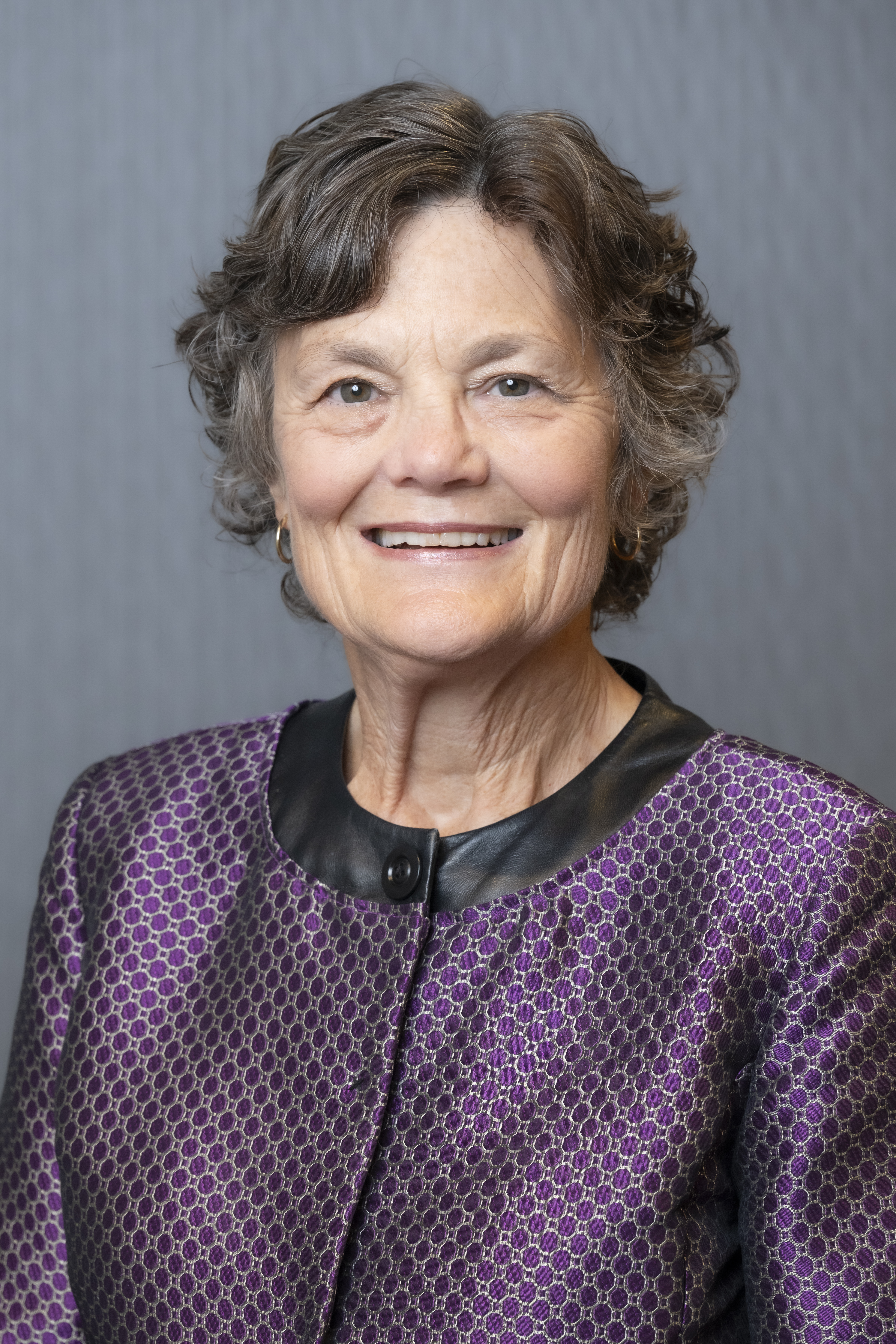Professionalism Counts, November 2024
 Q&A: Professionalism & Education Vice President Nancy Behrens
Q&A: Professionalism & Education Vice President Nancy Behrens
Nancy Behrens, the Academy’s new vice president, professionalism and education, has a long history of serving on professionalism and education committees, including six years on the Actuarial Board for Counseling and Discipline (ABCD), and was chairperson of both the Committee on Education (COE) and the Committee on Professional Responsibility (COPR). In addition, she has played an active role in the professionalism courses given as part of the basic education for associates and fellows of the Society of Actuaries (SOA).
What drew you to volunteer in professionalism?
Being involved as a volunteer in professionalism was a logical extension of my early involvement in the education system for the SOA. After actuarial candidates complete their very technical exams, it is important for them to have a sense of how to apply that technical education in the real world. They must think about the impact of their work and whether they performed that work in a manner that reflects the highest standards of professionalism. They need to ask whether they applied the applicable actuarial standards of practice (ASOPs) and did their work in compliance with the Code of Professional Conduct.
As a member of the ABCD, I had a chance to see what happens when actuaries do not follow the Code. This underscored my commitment to help practicing actuaries understand their duty to themselves, their employers, and the profession. As COPR chairperson, I had a chance to reach more actuaries with this same message, through development of discussion papers and by giving presentations.
How have you faced and handled any potential professionalism conundrums?
While leading the actuarial department, there were several occasions when I needed to explain actuaries’ conclusions to non-actuaries such as my boss, the Chief Financial Officer, or the Chief Agency Officer. Actuaries were frequently accused of being too conservative—one executive liked to call the Actuarial Department the Sales Prevention Unit! In these situations, I would ask actuaries for their best work and for enough information so that I could explain the conclusions to non-actuaries. On one occasion, an actuary read me an entire ASOP to convince me to support their conclusions. While this created extra work for the actuaries, I hope they felt that they were being supported in these situations. Actuaries who lead other actuaries have a responsibility to make sure they have the resources needed to do their jobs with integrity and professionalism.
Why is professionalism important to the actuarial profession? What can actuaries do to support it?
Professionalism is important because it helps build the brand of actuaries. It helps other actuaries, our employers, and the public understand that, when actuaries provide actuarial services, users of our services can rely on our work. It is important that we each do our part to ensure that this reliance is well-founded.
Actuaries can support professionalism by frequently noting the ASOPs that are followed and applied in a particular project—this is especially important if their work is ever questioned. Following the ASOPs provides a level of assurance the work was done in a manner deemed appropriate by the profession. We can encourage participation in discussions about professionalism by attending professionalism webinars or discussing new ASOPs in team meetings. And, of course, our actions speak louder than words! We should model professionalism every day.
What plans do you have as Academy VP of professionalism and education?
First, I want to build on the excellent work of my predecessor, Tim Geddes. We will be changing the format of the Council on Professionalism and Education (COPE) to better utilize staff and volunteer resources and to better coordinate with other actuarial organizations on professionalism matters. Next, the implementation of the Competency Framework for new members will take up much of the time of the COE and other committees that are part of COPE. Finally, I want to continue the work of making sure that all practicing actuaries have access to the professionalism resources that they need.
What would you like to tell younger actuaries just starting their careers?
A professor once told me I “had chosen the difficult path,” when I proved a particular theorem in a less-than-elegant fashion. I would say the same to actuaries who are starting their careers. But this path is very rewarding, both financially and in terms of the satisfaction we take in our work. Though we will rarely meet the people who are the beneficiaries of our work, we can take great satisfaction that we made their lives better through things like solvent insurance companies, funded pension plans, and fair insurance rates. In other words, what we do matters!







